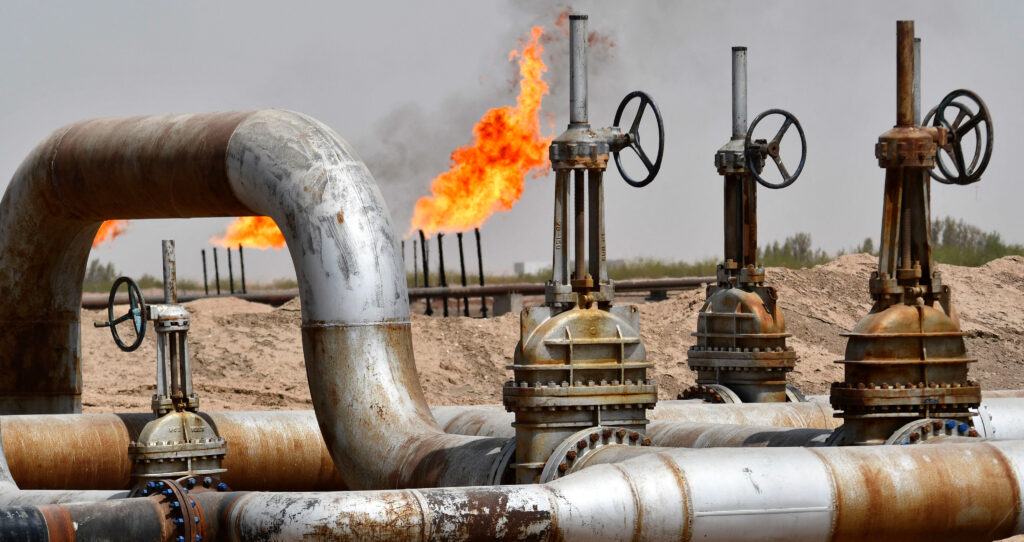RBC financing of fossil fuel expansion jumps 45%

On the same day as the latest sobering report from the IPCC made headlines around the world – with clear directives on the need to cut emissions dramatically this decade – Stand.earth released new data showing that RBC’s financing of fossil fuel expansion projects increased by alomst half last year.
RBC seeks to project an image as a positive actor on climate, but its funding practices continue to show the opposite is true. Nearly every report on climate from the IEA to the UN identifies the fact that any further expansion of fossil fuel infrastructure is incompatible with a safe, habitable climate.
The report was covered by the Financial Post:
Stand.earth says the bank’s US$10.8 billion in funding last year to expansion projects and companies working to increase oil and gas production represents a 45 per cent rise from 2021, and that it goes against both the conclusions of the latest UN climate report and RBC’s own climate commitments.
RBC has committed to reaching net zero financed emissions by 2050, and has set interim targets for 2030, but Richard Brooks at Stand.earth says the bank’s funding actions run counter to those commitments.
“It should be a trend downward, but we’re seeing the opposite happening,” said Brooks, climate finance director at the group.
The latest UN report from the Intergovernmental Panel on Climate Change also urged increased funding to climate solutions, which he said RBC is also falling short on.
The bank has committed to providing $500 billion in sustainable finance by 2025, with about $85 billion issued last year, but Brooks said the bank is still putting about $99 towards fossil fuels for every $1 they put into renewables.
Read the full story at the Financial Post.
